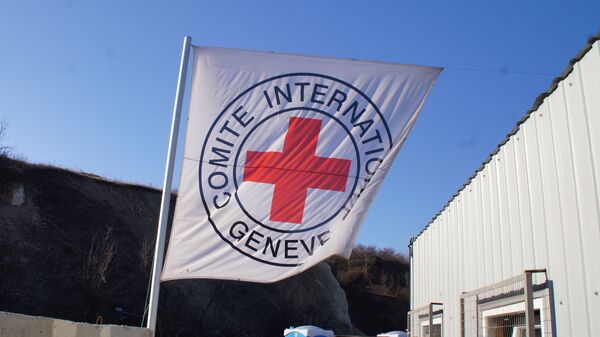Вчера, 15:05

© РИА Новости / Сергей Аверин
МОСКВА, 27 дек - РИА Новости. Международный Комитет Красного Креста (МККК) закрывает офисы на Северном Кавказе в связи с изменением ситуации в регионе, пришло время для завершения программы оказания помощи, говорится в официальном комментарии организации, полученном РИА Новости.
"Мы окончательно завершаем наши программы помощи, которые в совсем небольшом объеме еще оставались на Северном Кавказе и, соответственно, закрываем свои офисы в Грозном и Нальчике. Ситуация на Северном Кавказе, конечно, изменилась. Как и во всех остальных контекстах, в которых мы работаем в мире, мы ориентируемся на потребности наших получателей и обстановку на местах. Пришло время завершения программ помощи. Мы начали постепенно и планомерно сокращать свои программы и присутствие в регионе с 2013 года", - говорится в комментарии.
МККК сообщил, что проинформировал о предстоящем завершении программ представителей местных властей, своих партнеров из местных отделений Российского Красного Креста и тех получателей помощи, с которыми они работали.
"Мы работали в регионе более 20 лет. Сотням тысяч человек была предоставлена помощь, которую мы оказывали в тесном партнерстве с местными властями и партнерами из Российского Красного Креста. Мы выражаем им благодарность за поддержку, которую мы получали от них в течение всех лет работы в регионе", - отмечается в комментарии.
На настоящий момент в офисах МККК в Нальчике и Грозном работают 42 сотрудника. По данным комитета, офисы будут закрыты к 31 декабря.
МККК начал свою работу на Северном Кавказе в 1992 году для оказания помощи перемещенным лицам из Северной Осетии. Позже помощь стали получать люди, пострадавшие в результате конфликтов в Северной Осетии и Республике Чечня. В это время МККК открыл офисы в Чечне, Ингушетии, Дагестане, Северной Осетии и Кабардино-Балкарии. По данным комитета, за 26 лет работы в регионе МККК оказал помощь более 2 миллионам человек.
https://ria.ru/20181227/1548801071.html
http://creativecommons.org/licenses/by/3.0/legalcode


















